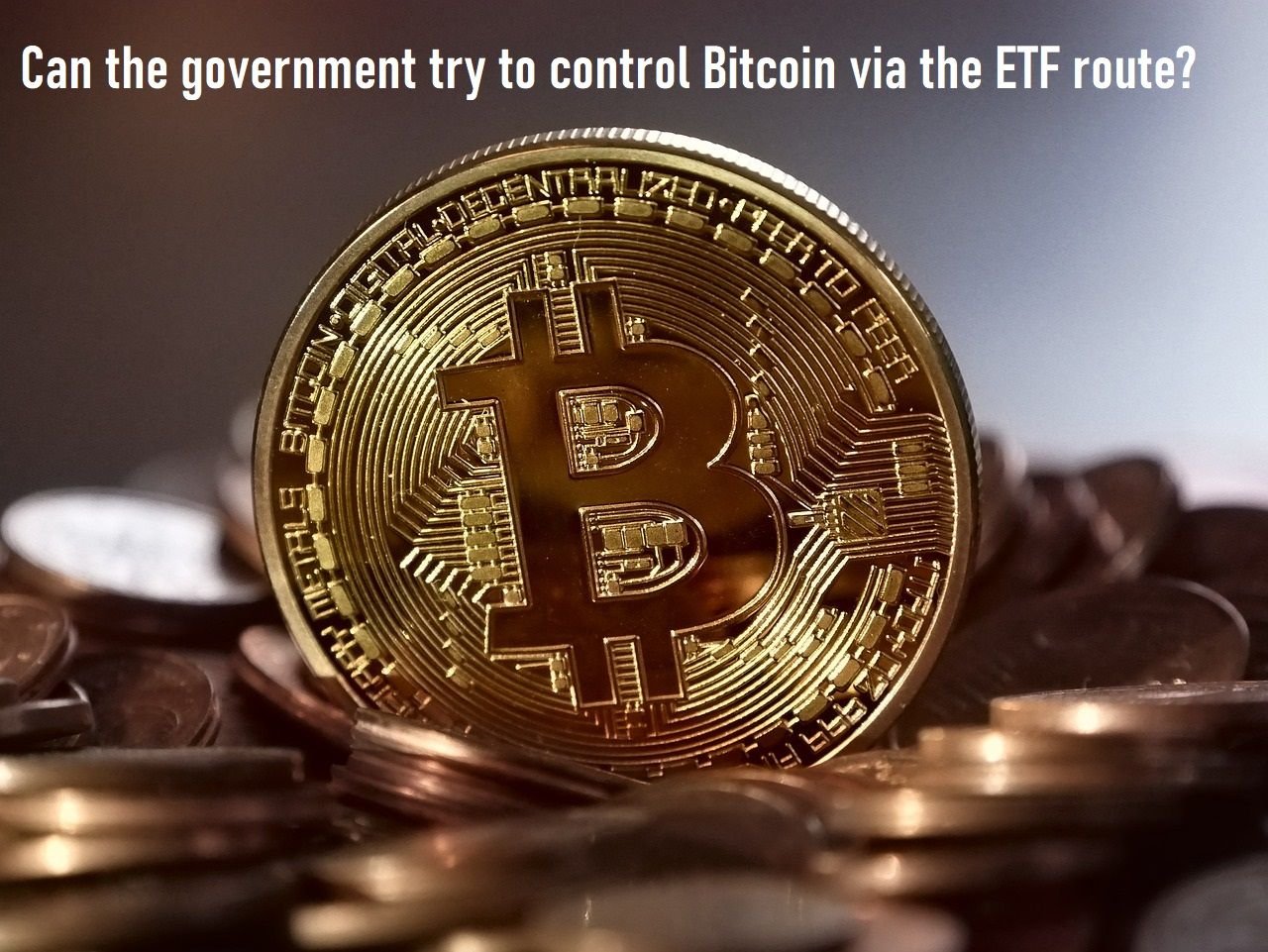As you read this post Bitcoin ETF stands approved by the Sec. This translates to users and institutions being able to buy into the Bitcoin ETF through one of the many entities.
What are these entities
In all 11 Bitcoin ETF's have been approved namely
The approved ETFs are the
- Grayscale Bitcoin Trust GBTC;
- Bitwise Bitcoin ETF;
- Hashdex Bitcoin ETF;
- Blackrock's iShares Bitcoin Trust;
- Valkyrie Bitcoin Fund;
- ARK 21Shares Bitcoin ETF;
- Invesco Galaxy Bitcoin ETF;
- VanEck Bitcoin Trust;
- WisdomTree Bitcoin Fund;
- Fidelity Wise Origin Bitcoin Fund; and
- The Franklin Bitcoin ETF.
This could mean billions of dollars of investment would flow into these ETF's. This is just the beginning as these ETF's are USA centric and do not cater to those in the UK or other demographics of the world.
This is just a drop in the open for the kind of money that could move in. With ETFs approved the question is no longer if but when the floodgates would open.
For those who own Bitcoin this could mean the asset they hold could become very valuable very quickly as BTC is a limited supply asset and a sustained buying pressure would take the price to the moon.
For those who could not own BTC due to legal or technical reasons would have an opportunity to ride the BTC bull run band wagon.
Investing in BTC ETF is not the same as owning BTC
If you are invested in BTC you may give your money to an entity running the ETF.
They would hold the btc on the behalf of the investor and the investor would never own the Bitcoin asset.
What owning a bitcoin means?
Crypto works on the idea of own your keys and own your crypto. If you give the custody of your crypto to a third part they own it and can do whatever they want to do with it.
In a lot of ways buying an ETF is quite contrary to the idea of owning your crypto.
Think of the scenario of putting your money in the bank. For this you do a lot of paperwork, complete KYC, maintain a minimum balance and abide by the terms and conditions of the bank.
Then one day you hear the bank goes down taking your money with it.
Do we have the same risk with an ETF?
Perhaps and it is ironic that back in 2008 when the Bitcoin whitepaper was launched how it clearly stated the idea behind Bitcoin and I quote
A purely peer-to-peer version of electronic cash would allow online
payments to be sent directly from one party to another without going through a
financial institution. Digital signatures provide part of the solution, but the main
benefits are lost if a trusted third party is still required to prevent double-spending.
We propose a solution to the double-spending problem using a peer-to-peer network.
The 9 page white paper document can be accessed and read from here
Could ETF approval be a ploy to control it?
Governments and central banks have despised the idea of legalising BTC and the freedom it proposed.
So far BTC has witnessed some typical reactions from both governments as well as central banks.
They tried to ignore it and BTC grew.
When they tried to oppose and suppress it BTC rose further so now they may be trying to approve it via the ETF route. Which would require the users to go via the KYC route to ride the BTC wave and yet never really own it.
As BTC prices go to the moon it would be difficult for normal folks to own it.
From the government's point of view it could be a ploy to give access to play the BTC markets via KYC approved ETF routes.
For them to succeed greed for money would need to win over the freedom that BTC champions.
So far BTC has shown utmost resilience against control and oppression.
A case in point amongst many is when China had banned Bitcoin mining the hash rate dropped however as miners from other demographics took initiative the BTC mining hash rate zoomed to all time high levels within a year showing that BTC is truly decentralized people's money that no govt can suppress or control.
It would be interesting how things play out in the battle of control via the ETF route and the freedom that owning and transferring your own BTC brings.
The ideal situation would be that both Centralized ETFs and decentralized crypto can coexist. The world is big enough for both as both serve a different purpose and use cases.
Posted Using InLeo Alpha
